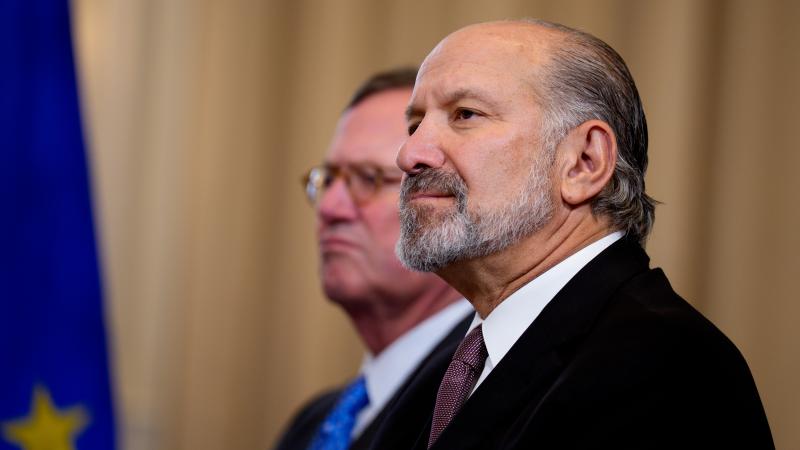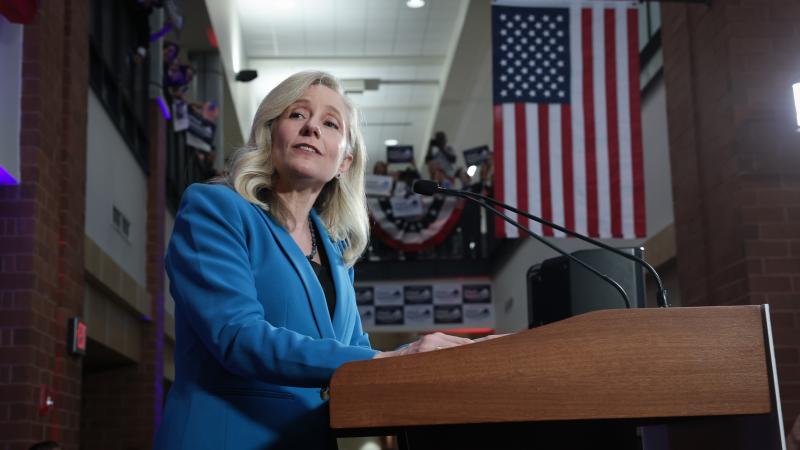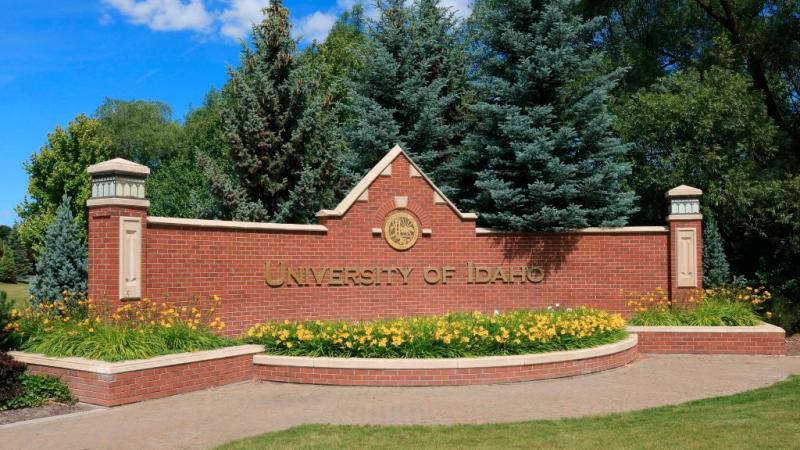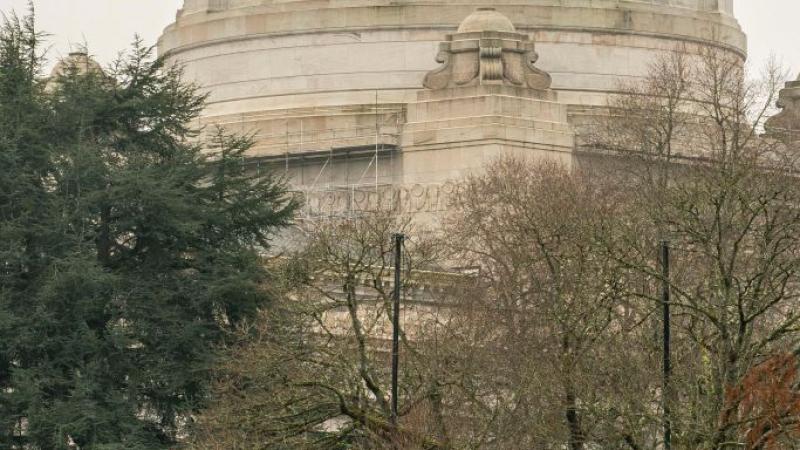LBJ School at U of Texas to keep name, despite former president's racist statements, MLK wiretap
'Johnson’s signature landmark legislative achievements, the Civil Rights Act of 1964 and Voting Rights Act of 1965, were the result of a lifelong personal and professional commitment to end racial discrimination in this country' - LBJ School of Public Affairs
The Lyndon B. Johnson School of Public Affairs at the University of Texas plans to keep its namesake, despite the former president's repeated racist statements and wiretapping of civil rights icon Martin Luther King Jr.
Supporters of the former president, a Democrat, say his actions on behalf of African-Americans far outweigh his controversial past.
“Let the record show Lyndon B. Johnson’s signature landmark legislative achievements, The Civil Rights Act of 1964 and The Voting Rights Act of 1965, were the result of a lifelong personal and professional commitment to end racial discrimination in this country," Susan Binford, an assistant dean at the LBJ school, told Just the News. "As we have for 50 years, the LBJ School of Public Affairs will proudly continue to bear its founder’s name."
Nationwide protests following the May 25 death of African-American George Floyd while in Minneapolis police custody have caused U.S. leaders to rename longstanding institutions — including the longtime Woodrow Wilson School of Public and International Affairs at Princeton University dropping Wilson's name.
"Wilson’s racism was significant and consequential even by the standards of his own time. He segregated the federal civil service after it had been racially integrated for decades, thereby taking America backward in its pursuit of justice. He not only acquiesced in but added to the persistent practice of racism in this country, a practice that continues to do harm today," university President Christopher L. Eisgruber wrote in a statement announcing the change.
Eisgruber also pointed out that the school had considered removing Wilson’s name in November 2015, after a group of student activists occupied his office. He said the Wilson Legacy Review Committee then conducted a "thorough, deliberative process," which in April 2016 resulted in recommendations for several reforms "to make this university more inclusive and more honest about its history."
However, the committee and the board left Wilson’s name on the school and the college.
"The board reconsidered these conclusions this month as the tragic killings of George Floyd, Breonna Taylor, Ahmaud Arbery, and Rayshard Brooks drew renewed attention to the long and damaging history of racism in America," Eisgruber also said.
The office of Republican Texas Gov. Greg Abbott did not respond to a request for comment from Just the News about his story. The University of Texas is a public university funded largely by state taxpayer dollars.
Commissioned in 1968 by Johnson, the Urban Institute was charged with “renewing our cities and transforming lives." In a 2019 report, the institute's Cameron Okeke and Nancy G. La Vigne reported about what they called "Johnson’s undeniably complicated legacy."
"Credible accounts, however, revealed LBJ engaged in racist acts, including verbal abuse and surveillance," they wrote. "He had a strong affinity for racial stereotypes and anti-black slurs.
"As he fought to desegregate schools and unlock educational and economic opportunities for Black people, he routinely berated his Black employees, calling them 'furniture.' LBJ also continued the Kennedy administration’s wiretapping of Martin Luther King Jr., and mired his decision to nominate Thurgood Marshall, the first Black supreme court justice, with slurs and tokenization."
Johnson and former first lady Claudia Alta "Lady Bird" Johnson in 1965 came to an agreement with the University of Texas' president and Board of Regents to establish the LBJ Library and Lyndon B. Johnson School of Public Affairs.
















